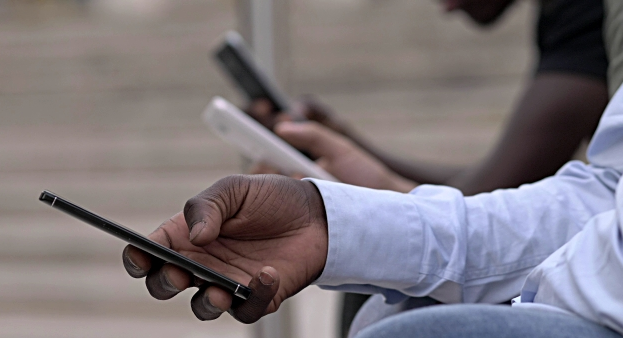Millennials edge out Gen Z in internet use – CA study

It also identified an in-between group aged 25–34, popularly known as Zillennials, as the most active Internet users, recording a usage rate of 59.3 per cent.
Millennials in Kenya are now using the Internet more than Gen Z, challenging the widespread perception that younger people dominate online activity.
A new report by the Communications Authority of Kenya (CA) shows that 47.1 per cent of millennials aged 35–44 actively used the Internet during the year ending June 2024, compared to 46.6 per cent of Gen Z aged 15–24.
More To Read
- Ruto revokes Mary Wambui's appointment as CA board chair, names Karondo as replacement
- ICT CS William Kabogo taken to task for failing marginalised areas on connectivity
- Free Wi-Fi transforms Wajir’s Wagalla village as internet access reaches remote areas
- Raila blames Gen Z protests on Ruto government’s failure to implement NADCO report
- High Court blocks government from collecting mobile IMEI data
- New book on connecting with Gen Z offers insightful lessons
The study, conducted jointly by CA and the Kenya National Bureau of Statistics, analysed data from at least 25,000 households across the country.
It also identified an in-between group aged 25–34, popularly known as Zillennials, as the most active Internet users, recording a usage rate of 59.3 per cent.
This was attributed to their greater financial capacity and integration of digital tools into work processes.
Overall, 35 per cent of Kenya’s population used the Internet, an increase from 22.7 per cent in 2019. Men outpaced women in online activity, with usage rates of 37.8 per cent and 32.2 per cent, respectively.
“Internet usage stood at 35.0 per cent nationally, with the highest usage among individuals aged 25–34 (59.3 per cent) and strongly correlated with higher education levels and urban residence,” the report states.
Nairobi recorded the highest Internet penetration at 64.7 per cent, while counties such as West Pokot (9.1 per cent) and Turkana (12.7 per cent) had the lowest rates.
The report also highlighted variations across economic sectors. Internet use was high among informal sector workers at 54.6 per cent and self-employed informal workers at 48.1 per cent, but lower in small-scale agriculture (25.5 per cent), pastoralism (10.8 per cent) and private household work (38.2 per cent).
The findings come amid concerns over Kenya’s declining digital quality of life. Research by Netherlands-based cybersecurity firm Surfshark shows the country’s index score dropped to 0.37 in 2024 from 0.42 the previous year, its lowest in at least four years. The decline pushed Kenya down 13 places to rank 89th out of 121 countries assessed.
“The quality of Internet connectivity greatly depends on its speed and stability,” Surfshark noted in its April report, which evaluated both the quality of digital infrastructure and the strength of Internet access.
Top Stories Today












































